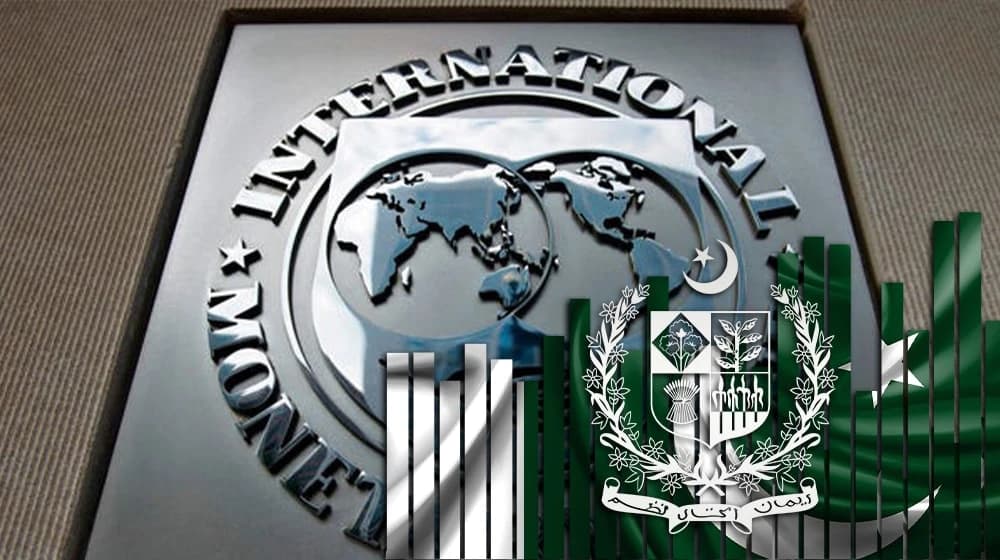© 2025 Roz UpdatesbyTETRA SEVEN

* All product/brand names, logos, and trademarks are property of their respective owners.
ISLAMABAD — In a decisive development, the International Monetary Fund (IMF) has imposed 11 new conditions on Pakistan as a prerequisite for continuing its $7 billion IMF bailout program in 2025. This comes amid a rapidly deteriorating economic situation marked by double-digit inflation, low foreign reserves, and rising geopolitical tensions with India.
According to the IMF’s latest country review, these stringent requirements are critical for Pakistan to avoid default and stabilize its economic outlook. The IMF loan conditions have sparked nationwide debate over their potential socio-economic impact.
Broader Tax Reforms: Introduce agriculture income tax, minimize exemptions, and expand the tax net to include the undocumented economy.
Energy Subsidy Withdrawal: Slash subsidies and implement cost-based energy pricing to resolve the circular debt crisis.
Fiscal Deficit Control: Implement austerity to reduce the fiscal deficit through expenditure cuts and improved governance.
Inflation Control via Monetary Policy: Raise interest rates to curb inflation and ensure price stability.
Privatization of State-Owned Enterprises: Divest loss-making SOEs, including railways and energy firms, to ease fiscal pressures.
Anti-Corruption Reforms: Enforce institutional reforms and anti-corruption laws to boost transparency.
Banking Sector Stability: Strengthen financial supervision, increase minimum capital requirements, and enhance depositor protection.
Social Protection Expansion: Increase funding for BISP (Benazir Income Support Programme) to cushion the poor against inflation.
Exchange Rate Policy Reform: Maintain a flexible, market-driven exchange rate regime to address external imbalances.
Public Debt Strategy: Develop a medium-term debt management framework to ensure sustainability.
Governance and Institutional Efficiency: Upgrade digital infrastructure and streamline bureaucracy for better service delivery.
These IMF conditions for Pakistan 2025 are being closely watched by investors, analysts, and the general public alike.
The IMF warned that escalating tensions with India could disrupt Pakistan’s fiscal and reform agenda. Any regional instability might also affect foreign investment and capital inflows, further complicating Pakistan’s economic recovery.
Finance Minister Aisha Ghaus Pasha affirmed the government's commitment to implement the agreed reforms. “These IMF measures are tough but necessary for long-term growth,” she said.
However, political opposition and civil society groups argue the reforms disproportionately impact the middle and lower classes. “We need inclusive economic reforms, not austerity for the poor,” said Shehbaz Sharif, leader of the opposition.
The $1.2 billion IMF tranche is conditional on measurable progress by July 2025. Failure to comply may lead to program suspension and a heightened risk of sovereign default.

22 November 2025

18 November 2025
No comments yet. Be the first to comment!